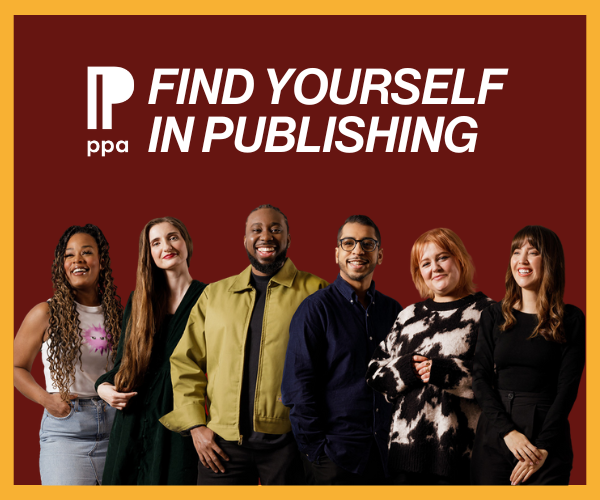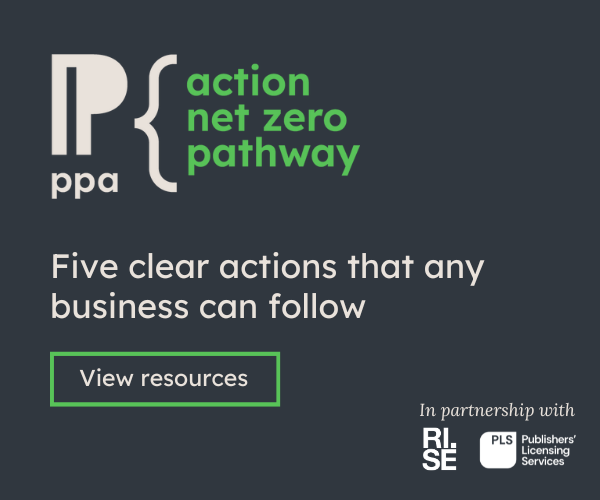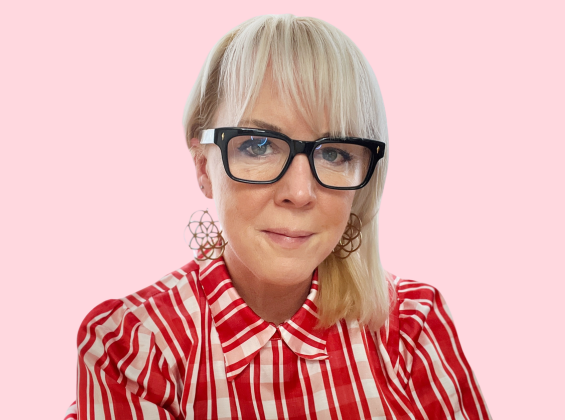Chart your career from the start to now.
My first staff job was as a media reporter for journalism.co.uk. That gave me insight and access to people in the industry who were doing digital journalism well. I felt incredibly lucky to have been in that position to talk to people every day about what they were doing, how they were doing it, what was working, what wasn’t working and to be able to report on that. Then I was the editor at First Draft which is a not for profit, which at the time was set up to train journalists in using social media and how not to get tricked and verification. I then spent some time with Al Jazeera as a consultant in Doha doing a similar thing with them, before joining Press Association in 2017. I was with the Press Association as a social media journalist, using all those skills from news gathering and verification on social media. I went back to First Draft briefly, before joining The Big Issue a year ago.
I feel very lucky to have had that foundation at journalism.co.uk to set me up for the rest of it. I’m very happy to be at The Big Issue and doing everything I can to apply that experience. I want to continue to learn and apply all of that to the brilliant work that The Big Issue does.
March 2020 was our first lockdown, it could have been a catastrophic time for The Big Issue because it meant vendors were off the street, they couldn’t sell the magazine. That not only increased the amount of support which the organisation had to give to vendors, but it also meant that a large part of the business model was just wiped out overnight. But what could have been catastrophic was an enormous opportunity and the team did an incredible job. This was before I joined. They did an incredible job of setting up a whole new business model and a whole new digital subscription model, almost over the course of a weekend. This presented an opportunity.
The Big Issue has been and will continue to be a way to support people who are homeless and vulnerably housed – a hand up not a handout. The core of The Big Issue’s mission is helping people to give themselves a route out of poverty and The Big Issue online can be more than just what the magazine does and go further to address the causes of poverty as well as just the symptoms.
As a journalist, what made you want to work at The Big Issue?
I think the vast majority of journalists want to know that their work is making a positive difference in the world. This is the dream job in being able to do that. Before I knew journalism is what I should actually do with myself I was trying to kickstart a career in the third sector anyway. I ended up writing for various blogs and realising that was something I took to much more naturally. Having gotten down to journalism I thought, ‘this is exactly what I should have been doing all along’. Now being able to then marry those two things, being able to work in the sector and be able to know that my work is making a difference by using those skills and experience of journalism is my dream job.
How did you come up with the new digital strategy and what does that look like?
There was already a strong idea around some of the digital strategy before I arrived – to be there for readers as well as the vendors. In those initial conversations there were some ideas about those core content pillars and some core verticals, which we're focussing on right now. I very much wanted to make it about solutions – not homelessness but housing, not unemployment but employment, to be talking about how we can address these issues in a positive way and talk about the solutions.
We ended up focusing on the core content areas in housing, employment, social justice, activism, and the environment, which is going to play an enormous role in all of our lives. The changes are coming and it’s going to hit people that are disadvantaged the hardest.
At its core The Big Issue is an activist product. It’s created to make a positive difference. It’s more social activism than it is political activism, but as a content pillar and as a vertical that allows us to address charities, volunteers, political activism, protest, social enterprises, all these things that The Big Issue is very much about already and part of The Big Issue Group more widely.
Big Issue Invest for example, which not very many people know about, was set up to secure investment for social enterprises and to deliver that. A lot of these areas overlap with what The Big Issue is doing more broadly. The Big Issue Foundation, which is a registered charity set up to give wraparound support to The Big Issue vendors beyond just the opportunity to sell the magazine and make a living. John Bird, the founder, is always saying how the end goal is for there not to be any vendors and for The Big Issue not to exist.
The digital strategy is a core part of being able to address those areas. SEO plays a large part as it does for everybody, as we want to answer the questions people have about the issues they care about. And of course developing more direct distribution channels. Relying on Google and Facebook is half taking a punt and half just giving up ownership of those distribution channels, and that is always going to be a risk. That’s something that we’ve seen over the last 10-20 years, where some tweaks can be made to an algorithm somewhere in California and that changes what news people see. This is obviously something we wish to protect ourselves from. We need to strengthen our visibility on Google and Facebook – we can’t do without it. But we also need to think about other distribution channels and build brand visibility in lots of different ways, through podcasting and video output. We need to take The Big Issue forward as a digital publication as well as the print magazine.
What it like working for a publication that has so many people relying on you?
I’ve only been here since September 2020, so I don’t have the experience of what it has been like before. What the editorial team produces is not just about the readers or the journalists – it’s about the vendors. The need to be able to produce something for them. I know that weighs heavy, every day of every week. The theme and the driving force have been being able to keep that running. Because there was the second lockdown and we had to make sure that we were there for the vendors and we could support them because we knew that they were going to be there when we could sell the magazine again. That was where the digital subscription model came from and getting the magazine on the supermarket shelves for the first time. It’s being able to make that money to support vendors and that’s the difference with The Big Issue and everywhere else, it has that social mission and the people relying on it.
Will you need a subscription to view the online content?
We’re very much of the view that people’s access to information shouldn’t be limited by their ability to pay for it. That is especially true when we’re talking about the news and content pillars around being able to provide the news and support and advice. One example is we’ve done a lot of work over the last year around people’s rights as tenants – what your rights as a tenant are during the pandemic and eviction notices. That is the kind of information that should be accessible. Before 2021 The Big Issue online was mainly just the magazine, putting the articles online. We are at this stage building the audience as much as we can, developing those direct distribution channels and very much marketing it in terms of the social mission that we have.
What’s on your radar?
At the moment I'm trying to immerse myself as much as possible in the topic areas we’re hiring people to cover, and a big part of that is what the future of work is going to look like. People are going back to the office, there is a lot of talk about flexible working. There was a recent consultation about flexible working by the Government. What has been happening with a lot of these conversations around how work is changing, it’s often about office workers and there are millions of people for whom that isn’t an option. This is all coming to a head in the immediate weeks where the temporary rise in Universal Credit that was introduced at the start of the pandemic is being cut. At the same time as gas prices are going up, at the same time as national insurance contribution is going up, at the same time as VAT is being reinstated. This is going to be a difficult period for the country and one that we need to be there for our readers and vendors to help them understand what’s happening and report on it.
In terms of those content areas, I want to be covering it in terms of news, community and action. So, what is happening and why? I want to help people understand the issues. The community part covers who is being affected, and what’s being done to support them. Who are the people, what is the human story? And then the action side is what can readers can do to help themselves and or to help each other? Hopefully that embodies not just the social mission of The Big Issue but it’s also going to be the thing that keeps you interested in reading. We’ve already had record breaking months with that strategy. To be honest, there is a gap in the market to have a media brand that is socially conscious but without being politically lecturing. We want to focus on the issues rather than the politics.
What magazine do you stockpile?
The Big Issue of course. I’ve always bought The Big Issue. Private Eye is a regular read for me. I’ve got a couple other digital subscriptions – The Atlantic and The New Statesman.









